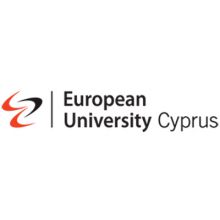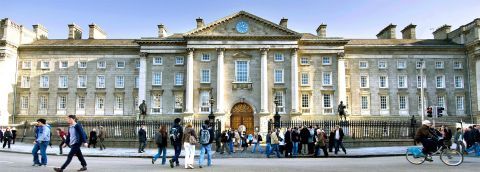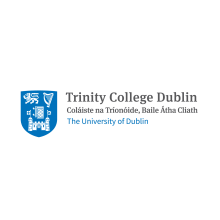关于 Karlsruhe Institute of Technology
Karlsruhe Institute of Technology was only officially established in 2009, following the merger of the University of Karlsruhe and the Karlsruhe Research Center.
Its predecessor’s roots, however, stretch back much further. The University of Karlsruhe was established in 1825, while the KRC was founded as a nuclear research facility, previously called Kernforschungszentrum Karlsruhe, in 1956.
KIT has several campuses in Karlsruhe, the second biggest city in the sate of Baden-Württemberg. The north campus north is located in the town’s administrative district, while its south campus is in the heart of the city centre.
Since 1902, the university has also been referred to as the Fridericiana, an homage to Grand Duke Friedrich I of Baden, who officially elevated the University of Karlsruhe to Hochschule status – making it a fully-fledged university in the late 19th century.
Many of the most significant inventions and innovations started life at KIT. Former students include Karl Friedrich Benz, the automobile engineer who designed the “Benz Patent Motorcar”, widely considered the first practical car; and Karl Ferdinand Braun, who developed the cathode ray tube commonly used in televisions.
The Institute can also lay claim to six Nobel laureates, including the 1909 winner for physics, Ferdinand Braun; Fritz Haber , who won the chemistry prize in 1918; and, most recently, Herman Staudinger who won for chemistry in 1953.
Karlsruhe Institute of Technology is a member of the TU9 German Institutes of Technology, which represents the largest and most prestigious engineering and technology specialist universities in the country. It employees about 9,300 people, and hosts some 25,000 students.
Karlsruhe Institute of Technology 的排名数据分析
对比大学重要统计数据
关键统计数据
- 41.3每位教职员对学生数量(1)
- 20,875Number of FTE Students(1)
- 24%国际学生比例(1)
- n/aArray(1)
- 29 : 71女生对男生的学生比例(1)
Karlsruhe Institute of Technology 的授予学科
Business & economics
- Economics & Econometrics
- Accounting & Finance
- Business & Management
Engineering & technology
- General Engineering
- Electrical & Electronic Engineering
- Civil Engineering
- Chemical Engineering
- Mechanical & Aerospace Engineering
Social sciences
- Communication & Media Studies
- Geography
Education
- Education
Life sciences
- Sport Science
- Agriculture & Forestry
- Biological Sciences
Physical sciences
- Chemistry
- Mathematics & Statistics
- Geology, Environmental, Earth & Marine Sciences
- Physics & Astronomy
Computer science
- Computer Science
Arts & humanities
- Art, Performing Arts & Design
- Architecture
- History, Philosophy & Theology






